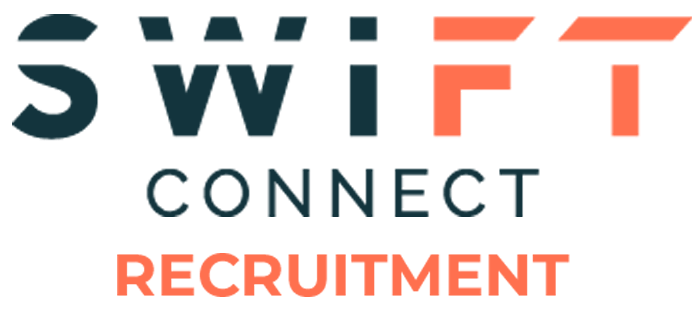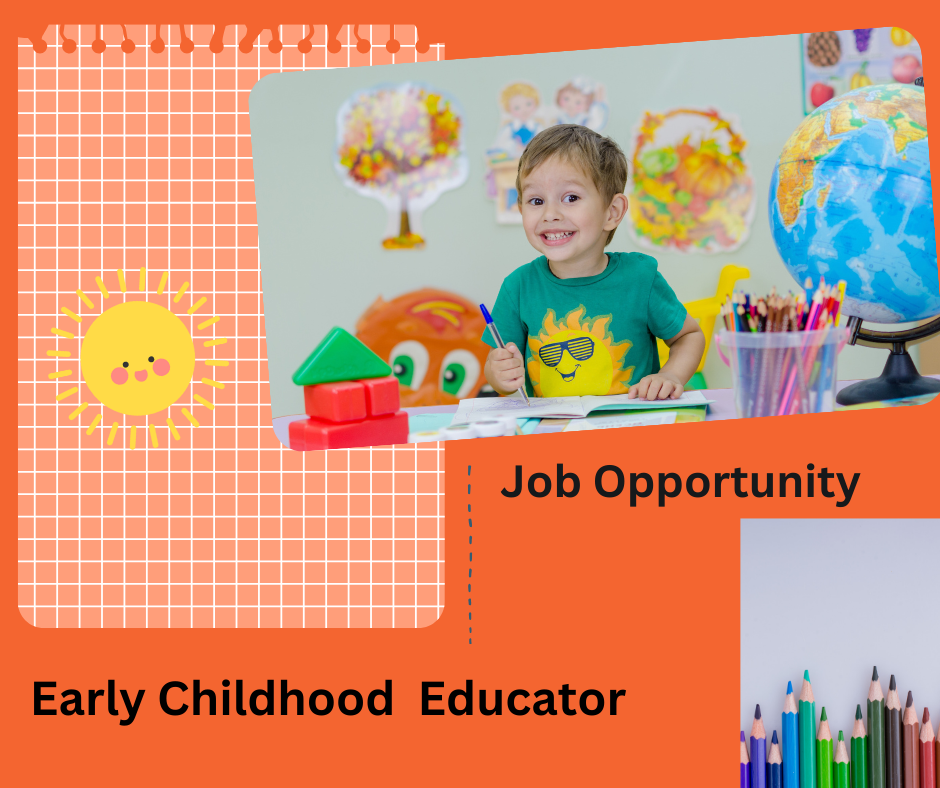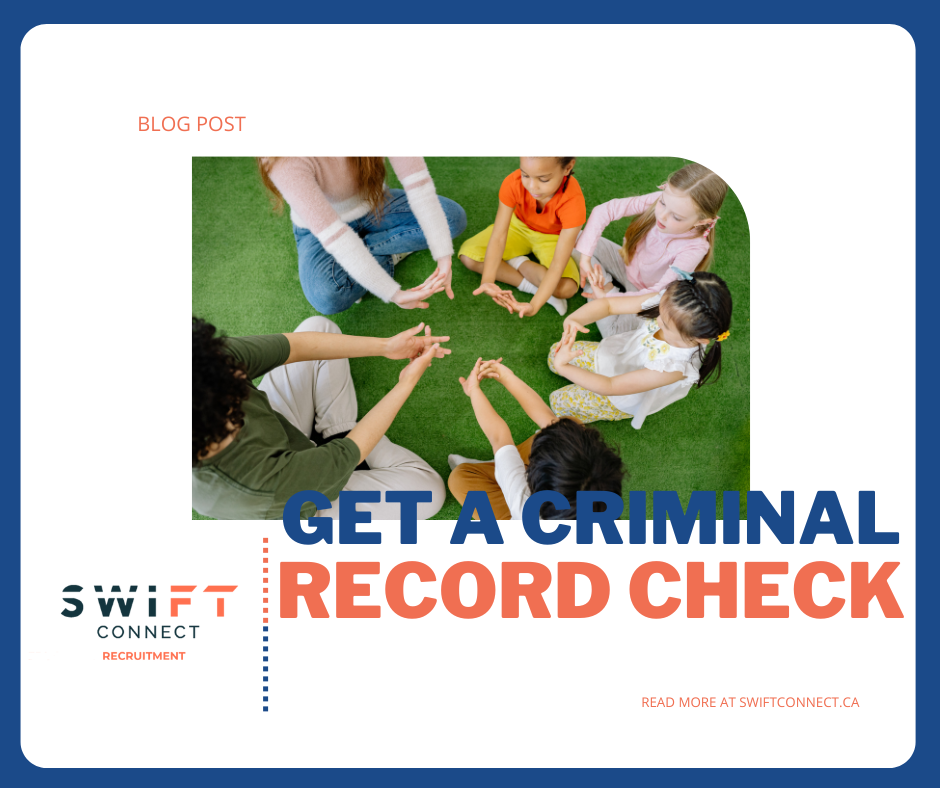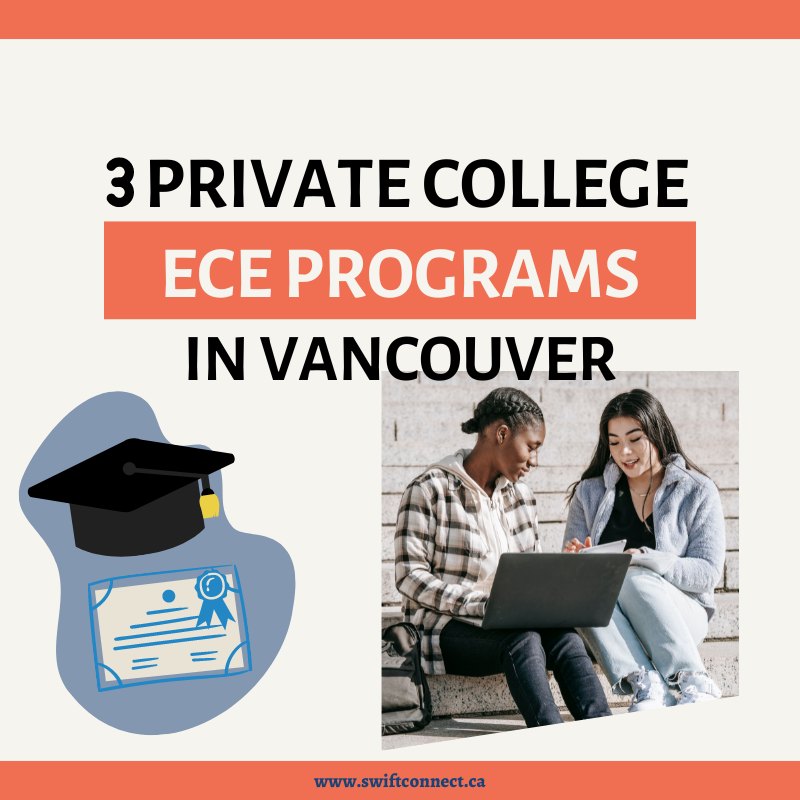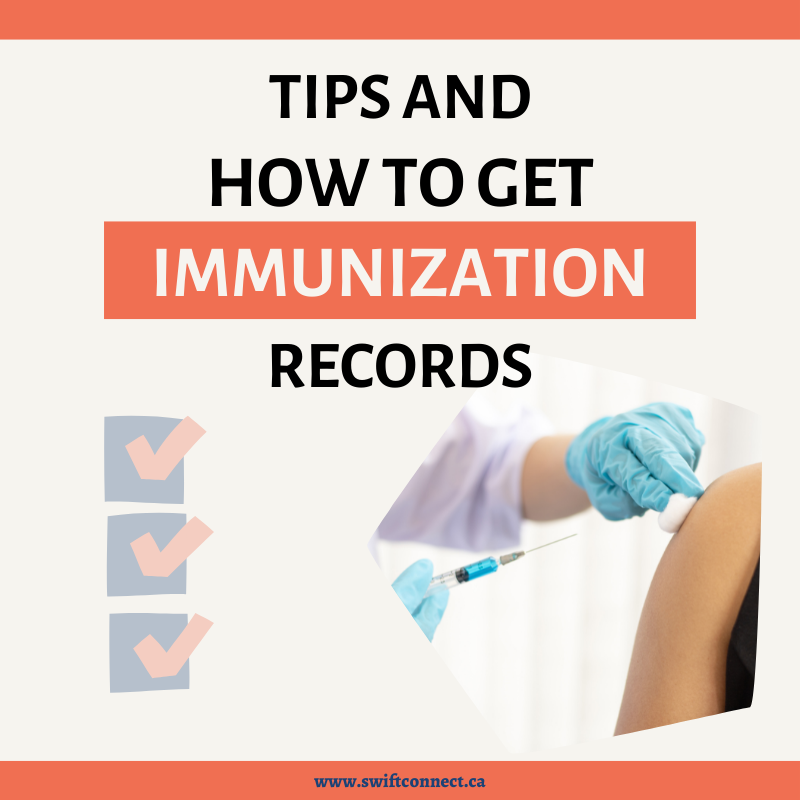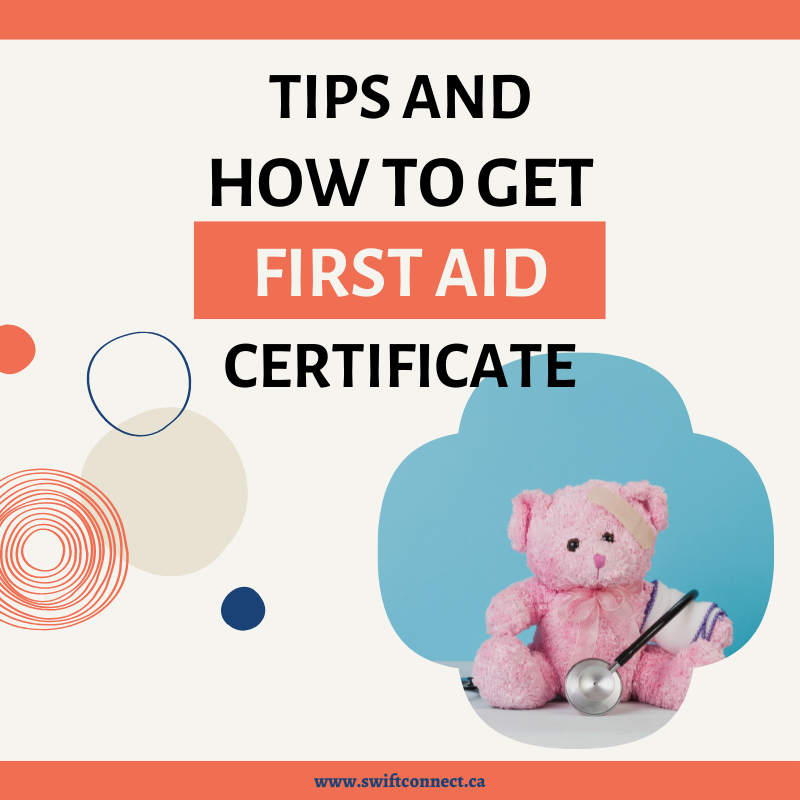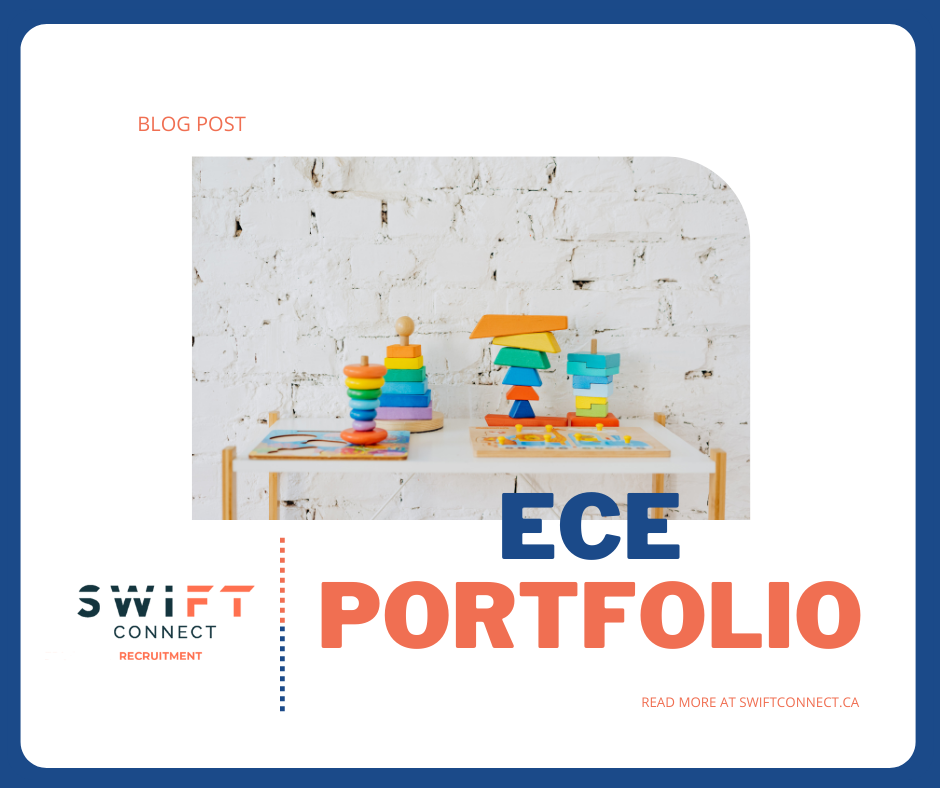Job Opportunity:
We are looking for an Early Childhood Educator to work with our client in Vancouver, BC.
* No. of Positions: 1
* Job Type: Full-time, Contract
* Work Schedule: Monday – Friday
* Hourly Wage: $23 per hour
* Job Requirements:
- ECE Certification or Completion of Grade 12, and currently enrolled in an Early Childhood Education Certificate program or completing work experience required for licensing.
- At least 6 months of previous experience working with children in a group childcare setting.
- Previous multicultural or cross-cultural experience.
- High degree of comfort around communicating with staff, children, and parents/caregivers, as applicable.
- Standard first aid training and CPR training are considered an asset.
We look forward to many inquiries from qualified candidates. Please send your resume to jobs@swiftconnect.ca
